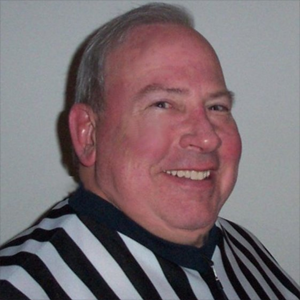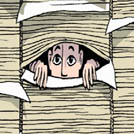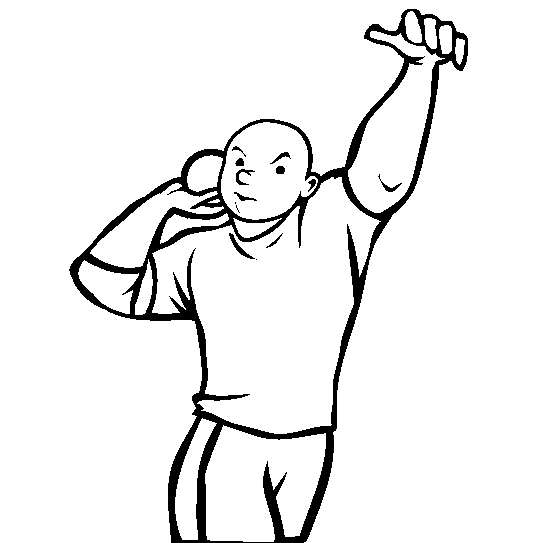
Rndballref
20 Years Experience
Chicago, IL
Male, 60
For twenty years I officiated high school, AAU and park district basketball games, retiring recently. For a few officiating is the focus of their occupation, while for most working as an umpire or basketball referee is an avocation. I started ref'ing to earn beer money during college, but it became a great way to stay connected to the best sports game in the universe. As a spinoff, I wrote a sports-thriller novel loosely based on my referee experiences titled, Advantage Disadvantage
How about a common foul after a dead ball technical? Or, a 2 shot free throw sequence where there is a violation by the defense on one of the free throws which is missed and awarded a do over?
The link you provided showed Curry being pushed from behind while dunking the ball. In high school it definitely would be a foul, basket good.
In NFHS rules, a non-free thrower cannot enter the lane until the ball hits the rim or backboard. Assuming there was no harsh contact and that the player blocking out entered after the ball hit something (or went in) this should be a no call.
No. After a ball is deflected out of bounds the throw in should be a spot throw in. If there is a throw in after a basket, and a team calls time out, then the offense can still run the end line.
Ice Sculptor
 What was the raciest sculpture you ever made?
What was the raciest sculpture you ever made?
Social Security Employee
 Did the US economic collapse cause a surge in disability applicants?
Did the US economic collapse cause a surge in disability applicants?
Track and Field Coach
 Do you let your athletes play another sport in the off-season?
Do you let your athletes play another sport in the off-season?
As I have stated before, refs can ask the home management function to eject fans from the gym. The refs have to be careful because after the game they may have to answer to the assignment chairman after the coach or principal complains. Anyway, during a game if I wanted to eject a fan I would not let the game proceed until the fan was ejected.
If it is "incidental", that is if the offensive player does not gain an advantageous benefit from the contact, then I would pass on the foul. BUT, if the defender is knocked back, or his legal forward momentum is disrupted to the detriment of his defensive positioning, then it is a player control foul (formerly called "a charge."
Ok. Situation 1: Offensive player A1 drives, shoots the ball while in the air and is fouled by defensive player B1 (before A1 returns to the floor). A1 is considered an "airborne shooter" until he hits the ground and is considered in the act of shooting. Count the basket and award one free throw.
Situation 2: Offensive player A1 drives, shoots the ball and lands back on the floor and is fouled by B1. Possession ended when the shot is released and the shooter is no longer an airborne shooter in the act when he lands on the floor. So when he is on the floor it is a common foul on B1 and award the ball to team A or free throws if in bonus. Count the basket by A1.
Situation 3: Offensive player A1 shoots the ball, ball goes in, and A1 crashes illegally (before landing on the floor) into B1 who has obtained legal guarding position, player control foul on A1. Ball goes to team B and no free throws. Wipe out made basket by A1.
Situation 4: Offensive player A1 shoots the ball, lands on the floor, ball goes in and A1 fouls B1. Count the basket. Common foul on A1, free throws for B1 if in bonus, otherwise ball goes to team B.
-OR-
 Login with Facebook
Login with Facebook (max 20 characters - letters, numbers, and underscores only. Note that your username is private, and you have the option to choose an alias when asking questions or hosting a Q&A.)
(A valid e-mail address is required. Your e-mail will not be shared with anyone.)
(min 5 characters)
By checking this box, you acknowledge that you have read and agree to Jobstr.com’s Terms and Privacy Policy.
-OR-
 Register with Facebook
Register with Facebook(Don't worry: you'll be able to choose an alias when asking questions or hosting a Q&A.)